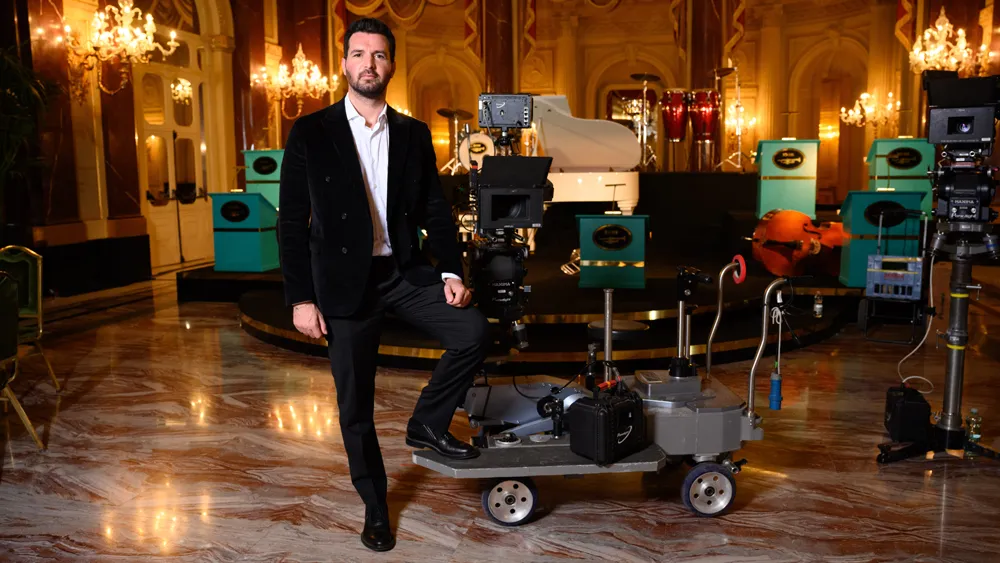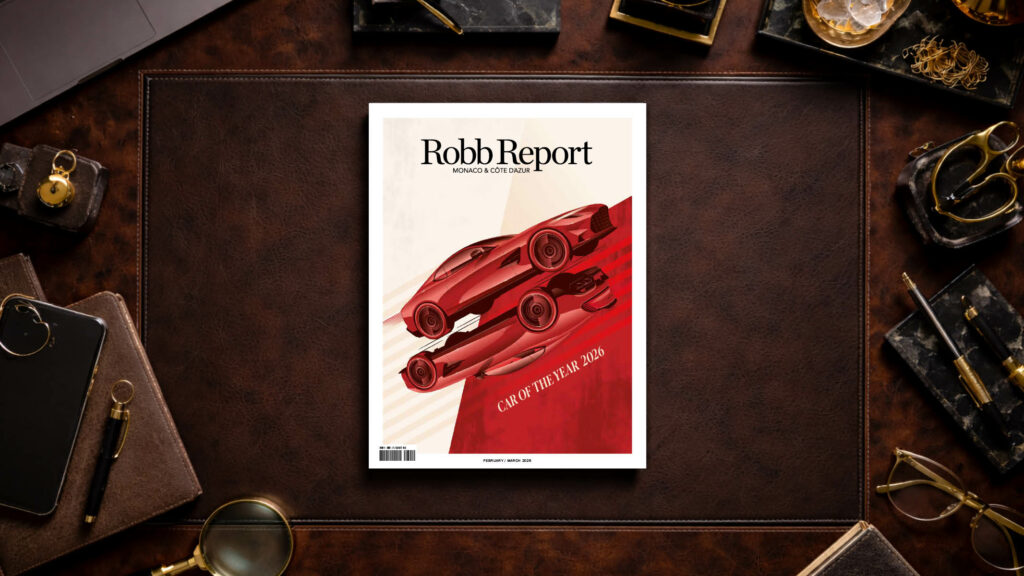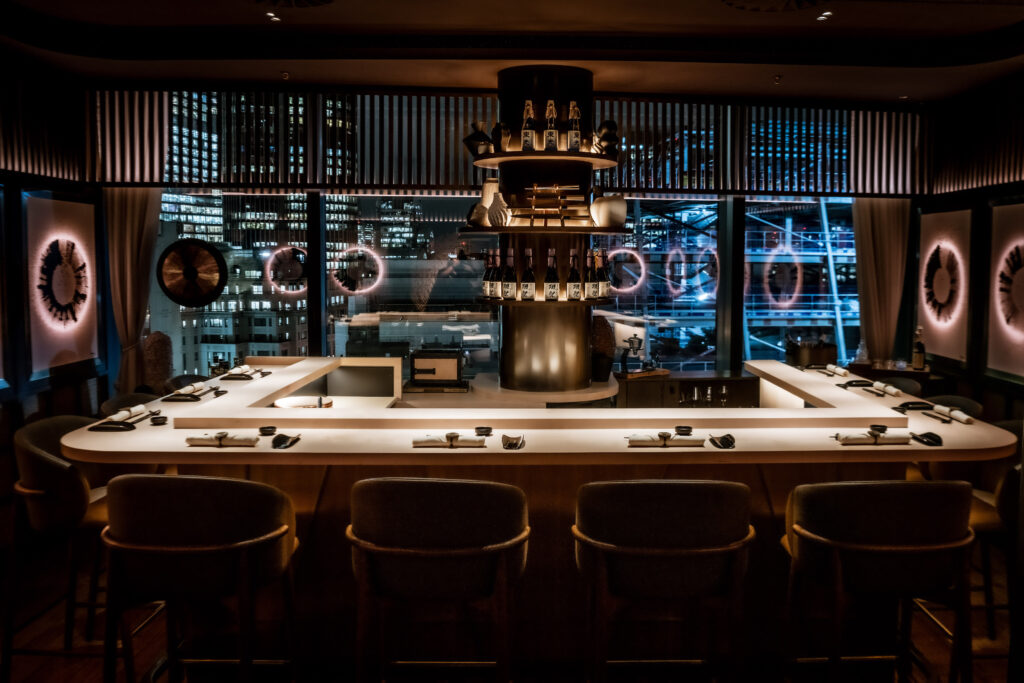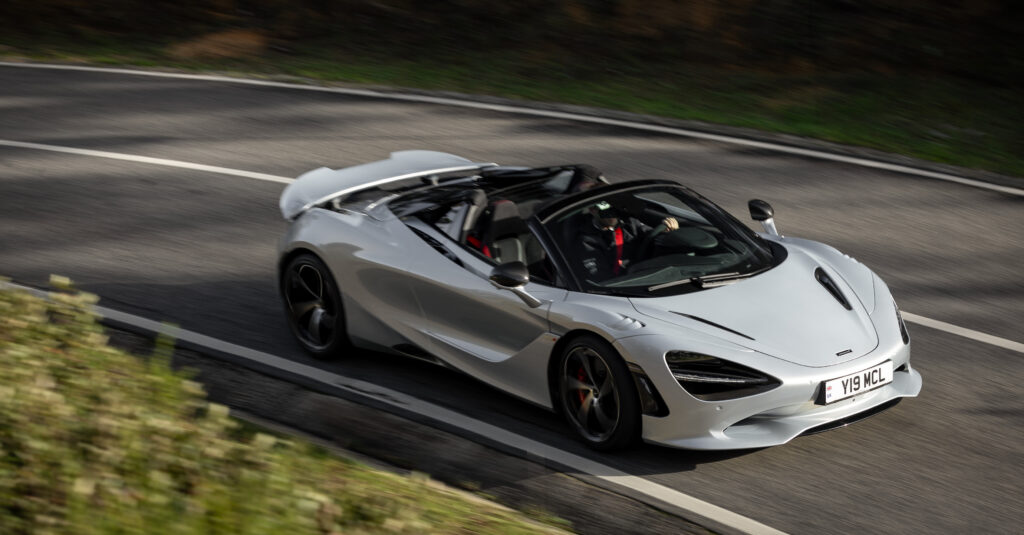Fast cars and motorsport have long been a favorite mise-en-scène of the film industry, but the stories behind some of the most revered marques are now starting to be told on the big screen, and in a big way. The 2019 blockbuster Ford v Ferrari, for example, wetted the appetite of more than just gearheads, garnering two Academy Awards and a nomination for Best Picture.
That golden age of high-performance automobiles has recently been the subject of two more feature movies, Lamborghini: The Man Behind the Legend (2022), starring Frank Grillo and directed by Robert Moresco, and Ferrari (2023), with Adam Driver in the lead role and Michael Mann in the director’s chair. The common denominator of the latter two films, aside from having iconic Italian automakers as their subjects, is producer Andrea Iervolino. The 35-year-old creative and financier joined forces with Monika Gomez del Campo Bacardi to form Iervolino and Lady Bacardi Entertainment (ILBE), a global production and distribution house that’s on quite a roll.
Completing Italy’s “Motor Valley” trifecta, the team’s next cinematic project is titled Maserati: A Racing Life. Iervolino recently shared with Robb Report how he became fixated with film, what he admires most about Ferruccio, Enzo, and the Maserati brothers, and what draws him to a story.
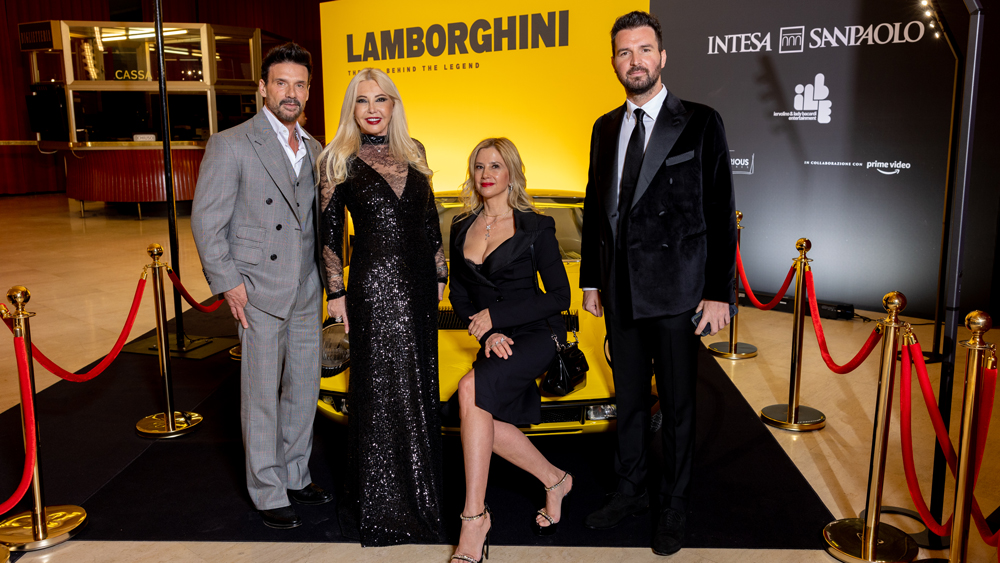
When did you first discover your love for film?
I was 15 years old. I left for a summer job in the north of Italy to work at a camp, and my boss took me to a production of a live show. It was the first time I came in touch with . . . the industry, makeup artists, a director, a script—and I loved it. When I came back to my hometown three months later, I started to produce my own film with two of my best friends, who still work for me. We financed it by crowdfunding and old-fashioned door by door. That’s how we financed our first movie, which we did digitally, and digital became the next big thing. We became a company that specialized in that.
How, as a 15-year-old, were you able to get your first film, The Cavalier of Love, widely seen?
I invented a new distribution system called Cineschool Day. I was distributing the movie in the cinema in the morning for students, because my movie was educational and had a good message. So schools would come to the cinema in the morning to watch my movie for educational purposes.

Did you always have an interest in cars and motorsport?
My interest is mainly to tell a powerful story of a real person. Ferrari, Lamborghini, the Maserati brothers, these are people who were visionary, were innovators, and had big passion. So for me, that is the main drive. The fact that they were all involved with sports cars, that is a very sexy element, so that can only help, but my real interest is to tell a powerful story about people who make their dreams happen.
Between Ferruccio Lamborghini and Enzo Ferrari, did you find the journey of one more interesting to document?
No. For me, they are both equally compelling. Ferruccio Lamborghini’s story, I compare it more with Rocky Balboa, because you have the small guy trying to beat the big guy, which was Ferrari. And Ferruccio started producing cars after producing tractors—he was the underdog. Ferrari, at the time, made the fastest cars and won in racing, he loved racing, and Lamborghini never raced with his cars. So there are hugely different elements between one another, but two amazing stories.

Which one of them would you have most likely been friends with?
Both of them. Somebody who fights for their dream is the type of person I love. I could be friends with both of them, absolutely.
What were some of the greatest challenges these films presented?
The Lamborghini movie was complicated because we cast the movie, but then because of scheduling, we lost the cast. And then Covid came. We shot the first part before Covid and the second part after, so there were a lot of challenges. Outside of that, the challenge was also to make the Lamborghini family happy, because they were involved. Doing a biopic is not easy because you’re dealing with real people and the legacy of the family—everybody has their own needs. For Ferrari, Michael Mann was in development of that project for 20 years, so that was mainly his job. But the family, and the car manufacturer, were really happy.
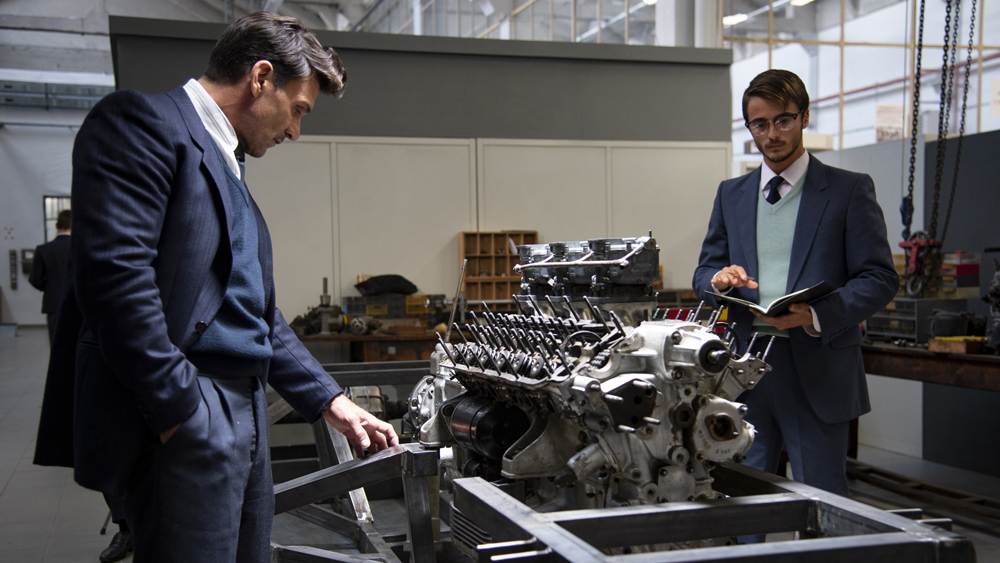
What are your primary responsibilities as the producer?
It depends. In the case of the Lamborghini and Maserati movies, along with sets, budgets, and casting, I help the screenwriter write. For example, the synopsis for the Maserati movie—the idea came from me.

Why the Maserati brothers?
Maserati was racing before anybody, and the brothers were engineers. Alfieri Maserati died from complications from an operation after a racing accident, so that’s a guy who died for his own dreams. It’s a powerful and beautiful story of brothers.
Who is the screenwriter for Maserati: A Racing Life?
We are going to have Bob Moresco, the same guy who did the Lamborghini movie, as writer and director.

How do you go about starting a project like this?
We have to do a lot of research; what is public, what the family can tell us, what friends can tell us. And then we have to put all of these pieces together to form as real a story as possible. The research process can take between two to six months, and at the same time, you’re writing the script.
When will filming begin?
We start shooting in September.

